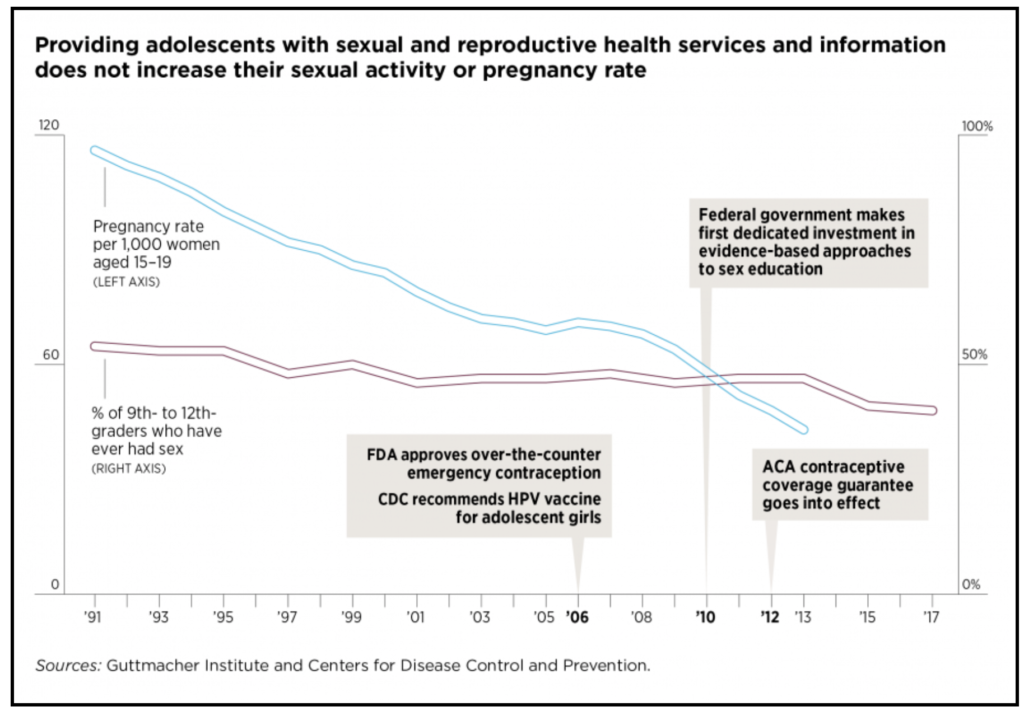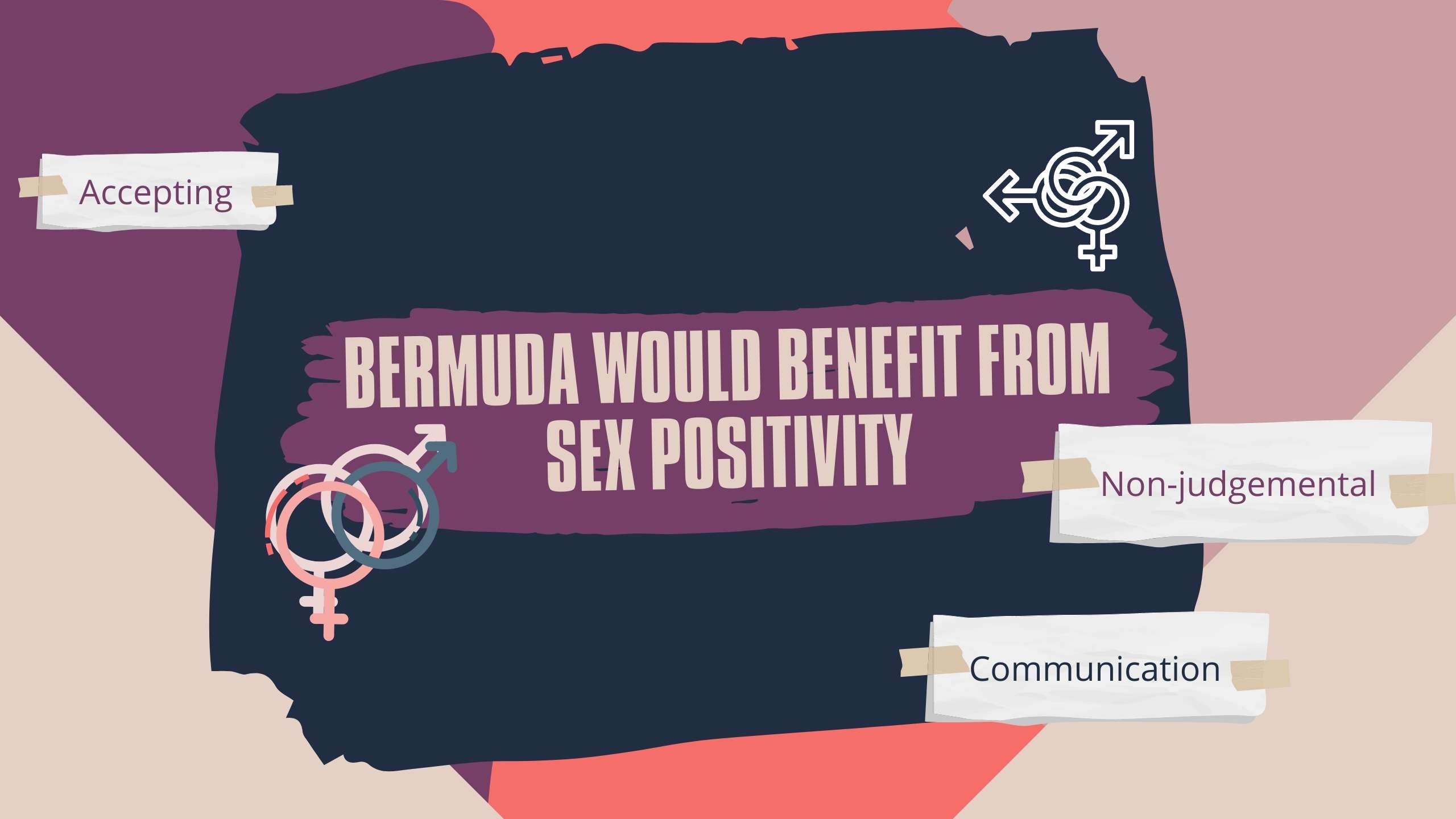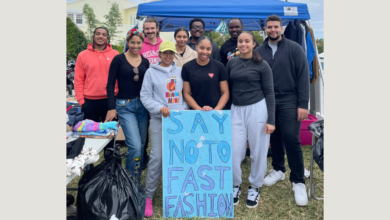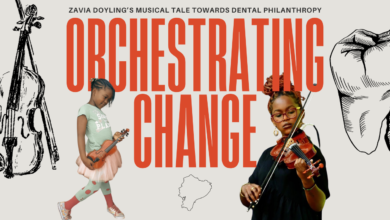
The term sex positivity has been slowly gaining popularity since the 1960’s. It means treating the topics of human sexuality, health, and pleasure with respect and without shame or stigma. This includes gender identity, orientation, sex education, nudity, relationship styles, body positivity, safer sex, reproductive equity, and much more. Research shows that communities that practice this concept tend to better support marginalised groups, engage in healthier relationships, have safer sex, and lower rates of teen pregnancy.
Members of sex positive communities are better informed about sex which leads to safer decisions. This makes sense because education on any topic affords the decision-maker more understanding and conviction. According to the World Health Organization, “Sexual health, when viewed affirmatively, requires a positive and respectful approach to sexuality and sexual relationships, as well as the possibility of having pleasurable and safe sexual experiences, free of coercion, discrimination and violence.” Sex positivity includes topics such as consent, boundary setting and discussions around red flags in relationships – which leads to less violence in our community. The more power and control over our bodies we have, the less likely we are to engage in risky sexual behaviours.
Contrary to conservative beliefs, more knowledge and affirmative attitudes towards sex leads to less promiscuity.
Actually the more information people are given about sex and sexuality the less likely they are to engage in unhealthy impulsive decisions or sexual activity. According to the GUTTMACHER POLICY REVIEW, “there is a strong scientific consensus that providing people -in particular, adolescents- access to information and services related to sexual and reproductive health is not linked to increases in sexual activity.”

People are often timid to discuss these topics with teens out of fear that they will be inadvertently encouraging them to engage prematurely but research suggests otherwise. Teens are not the only group that are often left out of nuanced discussions around sex and sexuality. Some other members of our community are not usually represented in mainstream media or in classrooms and therefore are left to fill in the blanks with less healthy expectations.
Having a community with more sex positive attitudes will benefit marginalised groups, and save lives. People typically fear what they don’t know and having a properly educated community can reduce the instances of verbal or physical violence towards oppressed groups, as well as reducing the likelihood of self-harm and depression in these groups. Trusted Research from the National Institutes of Health shows that something as simple as using a person’s chosen name -and the right pronouns- can reduce symptoms of depression and suicidal thoughts or behaviours. Communities such as the LGBTQIA+ as well as deeply religious community members can experience increased amounts of shame related to sexual intimacy due to a lack of inclusive education.
The truth is that sex is happening whether or not we are well educated or willing to have healthy conversations surrounding it. Continuing to have these open conversations as a community will only help to better support a collective healthy attitude about sex and ultimately shame will lose its hold on us.






